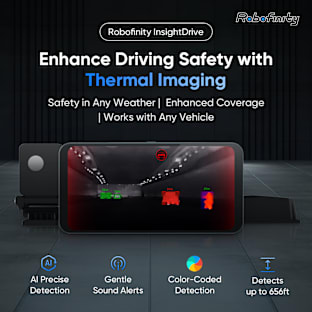Understanding Climate, Wildlife and Ourselves
Do you care about our future? Are you frustrated with politics that overwhelm data? Do you feel like you just can't get the inside scoop on science? Yeah. We get that. And that is what our trip is all about. My name is Todd Levine and I am working with a small group of students to help them to see the world and to get involved in something bigger than any of us.
Climate change is an all-encompassing topic in our world, in science and in politics. It can be really hard to see. Does a warm summer mean that the climate is warming? Or does a cool one mean that the global warming is a scam? A common claim is that changes that can be seen, measured and recorded are happening at the poles; that changes in our climate might be easier to see there. Let's go. We're going to meet with the scientists that make these claims, learn the details of how they put together predictions from observations and data. And we will speak to the people watching the poles, Inuit, scientists and other inhabitants of this stark and beautiful place. Maybe we'll even ask the bears.
We all need to understand science. None of us can be a responsible citizen without at least a basic understanding of science. No science, no data can tell us what we should do. But, science can tell us what we must do to achieve certain outcomes. We have to decide whether the data are convincing. We have to decide what it is worth to ensure particular futures. That's what students will learn on this trip. I will challenge those who believe in climate change to examine why and will challenge students who don't believe in climate change to explain why not. We will move beyond politics and beliefs; we will see what all the fuss is about and shape our own opinions.
I have been working in science for over a decade, struggling to push
forward, to create new knowledge and to help people understand science. I have taught to many audiences, formal and informal, from kindergarten to retired adults. I earned my PhD at Miami University in Ohio and am currently teaching for the University of Wisconsin system. I maintain strong ties with Hancock Biological Station in western Kentucky, which is part of Murray State University. Much of my own research is not about climate change, but is framed by it. So, I have a responsibility to not believe in climate change, but to critically examine the data and understand the whys and wherefores too.
Support a student; make this trip possible - live vicariously or come with us.
Just like me, when I took a similar, life-altering trip to Churchill, many of the students participating have limited access to financial support. There are many reasons for this; some come from families without much money, some are supporting families of their own, some have had bad luck...everyone deserves a chance to do something epic at least once in their lives. This is more than epic, it means something. It gives students direct access to the information that scientists use to learn about climate. It also gives them a chance to see animals that barely fit into zoos and that they might never be able to see in captivity or otherwise.
When I went to Churchill, I was helped by the organization with which I traveled, the Great Bear Foundation. But I was also helped by my fellow students. To this day, I don't know where they came up with the money, but they collected it through what we might call...primitive crowdsourcing...and helped me cover the difference between what I could afford and what I needed. I want to do for my students as my peers did for me. In some ways, that is very literal. Similar trip, same location...I hope that it makes the impression on them that it did on me!
Why does this matter? Students will emerge from this experience better prepared to participate in and change our world. Where ever they come from, whatever age, regardless of political background or preference, students will know more. They will be equipped with data. They will have read the original sources. They will be ready to help others make responsible decisions, based on evidence and to separate data from opinion. They will be ready to separate goals from information and will be ready to move in our world.
Other Ways You Can Help
Maybe you can't give today. Maybe you struggle to make enough to cover bills too, just like my students and just like me. Help us reach out. Help us tell the world about this. Pass this project along. Help someone see this who wouldn't otherwise. And help make sure that this class runs, join it or recommend it to friends.
















































